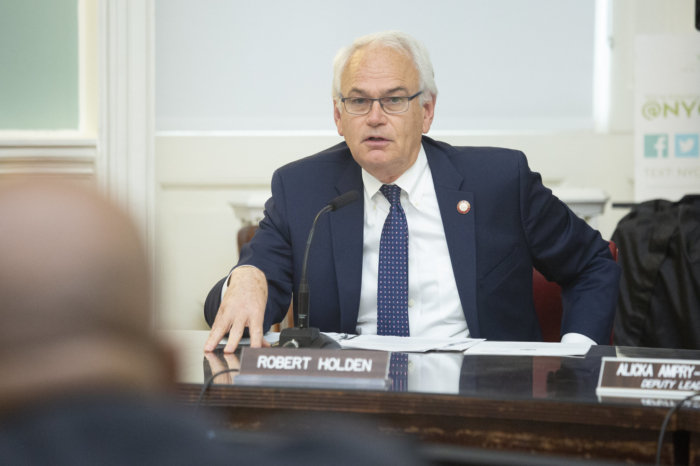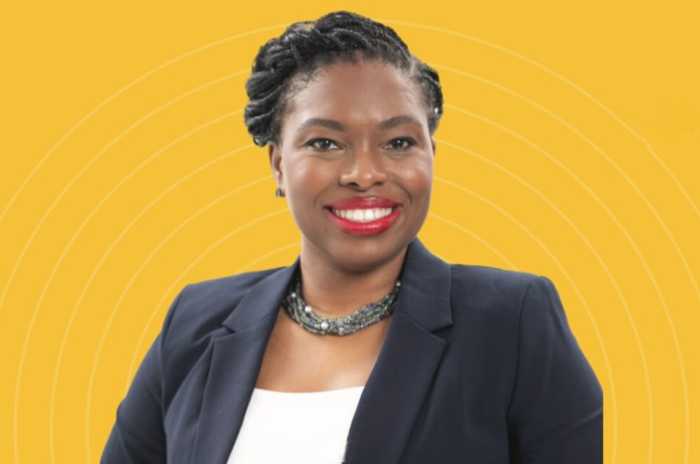By Madina Toure
Borough Muslims said they are pleased with the city’s settlement of several lawsuits from 2013 that accused the NYPD of improperly investigating Muslim groups.
While the city did not admit to engaging in improper practices, it plans to provide additional guidance to police officers. The changes are an effort to offer more thorough guidance to NYPD personnel within the existing Handschu Guidelines, rules that shape investigations of terrorism and other potentially unlawful political activity.
Mohammad Rahman, president of the Jamaica Muslim Center at 85-37 168th St., said his center has had good relations with the Police Department, but that the surveillance program violated Muslims’ constitutional rights, calling the settlement “a victory for the Muslims.”
“It did not affect us much, but as a Muslim a lot of people were under the surveillance program they had,” Rahman said. “It was a discriminatory thing. It definitely does not go with the Constitution of this country.”
Bengali community activist Mazeda Uddin said Muslims are not treated well but that they are at least not afraid to speak up.
“Before, they don’t want to even bring up issues with anyone, even to the police… even to the state,” Uddin said.
The Handschu Guidelines were implemented after a class-action suit brought by American political activist and lawyer Barbara Handschu and others in 1971 accusing the NYPD’s Red Squad, a political intelligence unit, of spying by keeping dossiers on political activists. A judge agreed to modified the guidelines in 2003 at the request of the NYPD due to the Sept. 11, 2001 attacks. They will be changed as part of a resolution of Raza v. City of New York, a lawsuit alleging “suspicion-less surveillance” of Muslims, and Handschu v. Special Service Division, a challenge to numerous NYPD surveillance and investigative practices aimed at political organizations.
Police Commissioner Bill Bratton said the changes “make it easier to maintain best practices in intelligence gathering and investigations” and Mayor Bill de Blasio called communities of faith “strong partners in the fight against terrorism.”
The changes include clearly incorporating regulations against religious profiling in police policies, a provision for considering the effect investigations have on people who are not targets in the same community, reasonable time limits for certain investigations and adding a civilian member to an internal NYPD Handschu Committee. The NYPD also agreed to remove the 2007 report “Radicalization in the West” about terrorism from its website.
But Tanjir Alam, secretary at Masjid Baitul Gaffar in Richmond Hill, said there must have been a reason that prompted the NYPD to spy on the Muslim community in the city, but he could not comment on the settlement.
If a member of the Muslim community had plans on doing something wrong, “I definitely support the NYPD or any law enforcement,” Alam said.
Rahman cited Bratton and de Blasio have had good relations with the 107th Precinct and the Muslim community compared to previous administrations. De Blasio visited his center last month.
“He’s (de Blasio) been working very well with all the communities and as a Muslim, I don’t have (any) complaints about this mayor or this police commissioner,” he said.
Reach reporter Madina Toure by e-mail at mtour





































